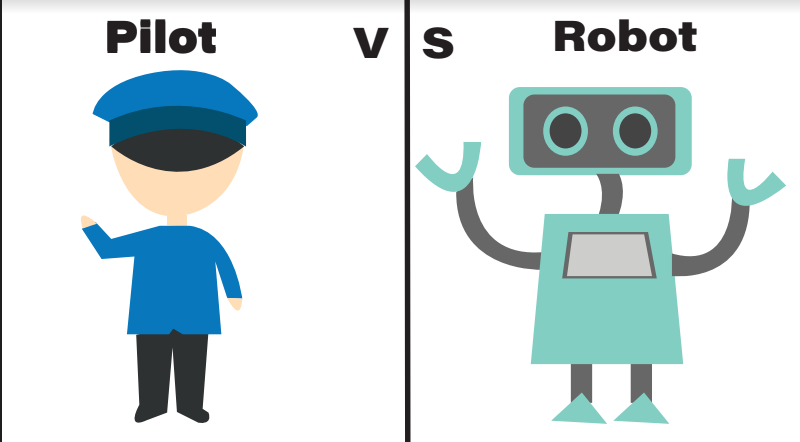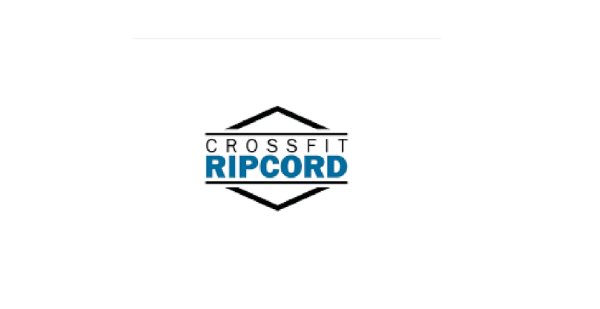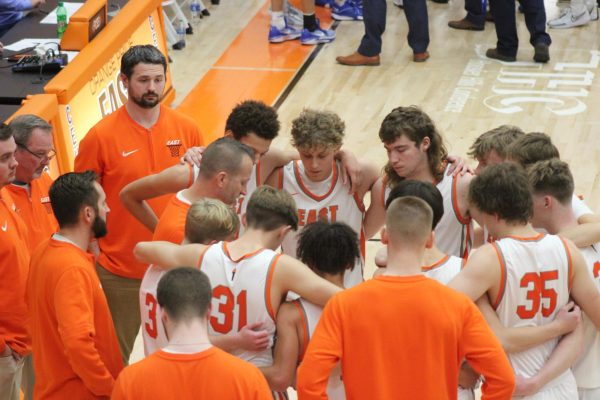Jobs Diminishing: Pilots or Robots?
Although a piloting career is a popular profession, in the next two decades there may not be a piloting profession at all. Opinions on the concept of robots phasing out pilots, and flying planes, have risen tremendously. The public is trying to determine whether or not it will actually happen.
Multiple factors go into determining when an event will occur. For the pilot Rhett Ross, who has a career in continental motors, thinks about how long it will take to create the technology, make the changes to prepare for the autonomous transportation and how long the public will take to accept the concept.
“While the technical ability will be there in three to five years, it still would be another five for regulatory changes, so a total of 10 years,” Ross said. “Then many years to get people comfortable with the concept. So the long answer is 15 years at the earliest, but my real belief is never.”
On the contrary, Jack Pelton, an EAA Chairman and former Cessna CEO, believes that this might open up more opportunities for piloting jobs. Even though the captain is currently being replaced by autonomous transportation, piloting jobs may open up for this reason.
Jobs for testing the robot to see if they are capable of and safe to fly a plane with passengers is an extremely important part of phasing out pilots. This, though, is also a new job in the piloting field.
“I think it will not impact pilot hiring, and if I have to guess, I think it will actually favorably impact pilot hiring. Autonomous flight capability is going to not just extend by a little, but by a lot [of] utilization of aircraft, and GA in particular. Our aviation system is still qualified by expertise,” Pelton said.
“With autonomous flight capability, the pilot skills will be reduced to more monitoring rather than piloting, thus opening aviation to a much larger variety of candidates. Good or bad, we will leave an era for aviators to flyers with safer and simpler aircraft to fly,” Pelton said.








